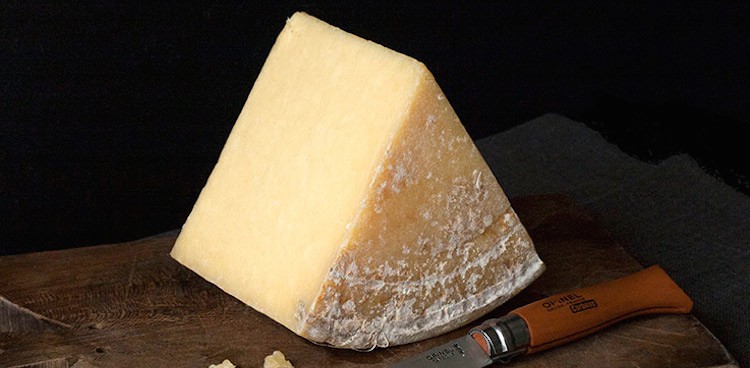
Unfortunately, there’s no way to get the enzymes for coagulation from the animal without slaughtering it. But it’s worth noting that young animals are almost never slaughtered for rennet alone; usually their meat is intended for consumption and the enzymes are an ancillary product. Still, this may be of little comfort to vegetarians who want their cheese without a connection to the slaughterhouse. Luckily, there are a couple of animal-friendly alternatives. Some soft, fresh cheeses such as mozzarella and ricotta can be coagulated with nothing but acid (e.g., lemon juice or acetic acid). Another alternative, known as microbial rennet, consists of the enzymes chymosin and/or pepsin produced by various fungi and bacteria; these rennets are found in a wide variety of cheese styles. Finally, “thistle rennet,” most often used in Portugal, is extracted from the cardoon thistle plant. It contains an entirely different coagulating enzyme (cardosin), and the resulting cheese is pretty distinctive—unctuous and floral, with a wine-vinegar tang. Your monger should be able to point you to numerous vegetarian choices at the cheese counter.




